Western Bulk Herbs – Oregon Grape Root
Oregon grape root was traditional used as a healing herb to stop bacterial diarrhea, intestinal parasites, and ocular trachoma. Studies show it may increase blood platelet count and that will stop or slow cancerous tumors of the bladder and colon. It also has a sedate effect on the lining of the digestive tract and will relieve stomach cramps and abdominal pain.
Latin Name:
Mahonia aquifolium
Common Names:
Oregon Grape Root
Parts Used:
Root
Properties:
Antiseptic and digestive.
Traditional Uses:
Topical creams, teas, tinctures, and capsules.
Topical Uses / Applications:
Culinary Uses:
Not used in coooking.
Chemical Properties:
Berberine, hydrastine, berbamine, columbamine, hydrastine, jatrorrhizine, oxyacanthine, and tetrahydroberberine, as well as tannins.
Folk Lore:
Practitioners of Traditional Chinese Medicine are likely to note that Oregon grape root is less appropriate than coptis in treating syndromes in which there is a “deficiency of Yin,” an inherent tendency to lose fluids.
Cautions:
Do not use Oregon Grape root if you are pregnant. Do not use if you have any kind of bile duct disorder. Avoid using on newborns if there is jaundice. Do not use if you have any liver disorders or gall bladder inflammation. Avoid use if you have intestinal spasms.
“Adults should limit use of Oregon grape root or any other herb containing berberine (barberry, coptis, or goldenseal) to seven consecutive days at a time, waiting at least a week before using the herb again. This gives the natural, helpful bacteria of the intestine a chance to recover. Taking vitamin B6 supplements can give infectious bacteria resistance to the antibacterial toxins in the herb. Do not take Oregon grape root if you are taking antibiotics for diarrhea. The herb is not a problem for nursing mothers unless the baby has jaundice, however it should not be used while pregnant.” Mountain Rose Herbs
*Disclaimer: These statements have not been evaluated by the Food and Drug Administration. This product is not intended to diagnose, treat, cure or prevent any disease.
Resources:
PDR for Herbal Medicines, 2000. Medical Economics Company, Montvale, New Jersey.
The New Holistic Herbal. David Hoffmann, 1990. Barnes and Noble Books, New York.
A Modern Herbal, Mrs. M. Grieve, (Dover Publications, New York, 1971)
Major Herbs of Ayurvedic.Compiled by Dahur Research Foundation and Dahur Ayurvet Limited, Ghaziabad, India., 2002. Churchill Livingstone, London, England.
Chinese Herbal Medicine: Materia Medica, Third Edition, Dan Bensky and Andrew Gamble, 1986. Eastland Press, Seattle, WA.
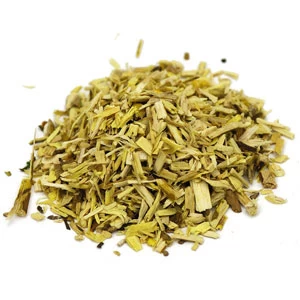

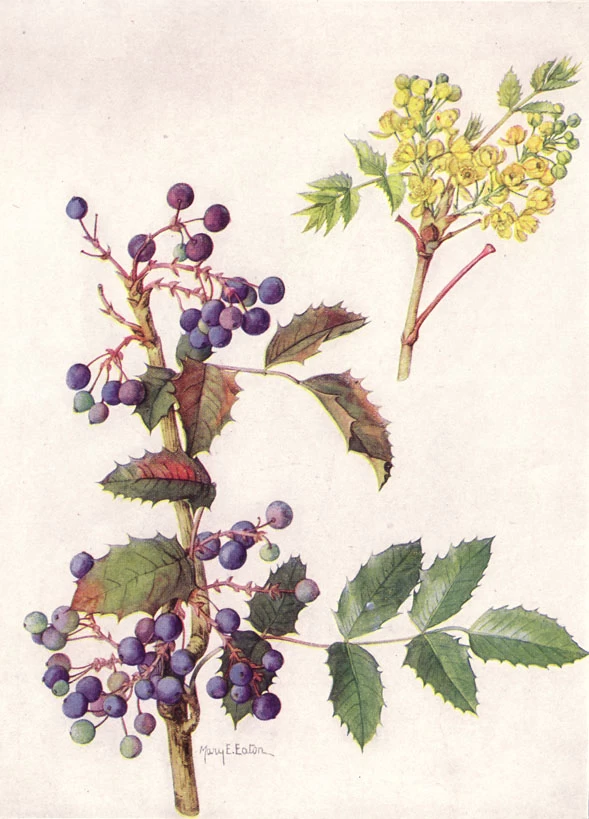
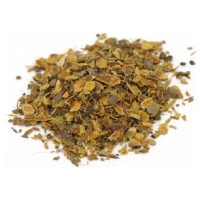
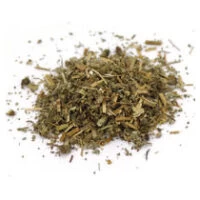
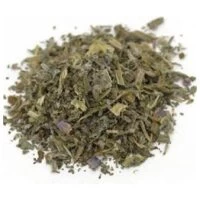
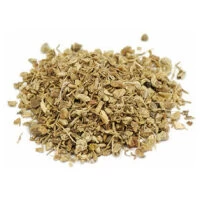
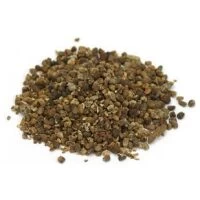
Reviews
There are no reviews yet.